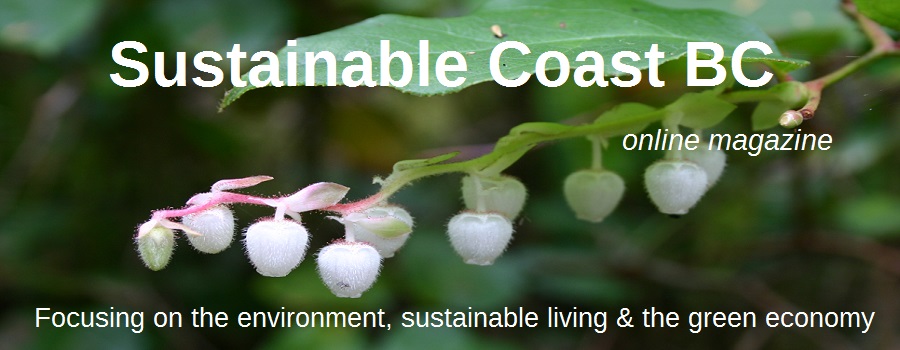News
ZWIA Conference, Nanaimo, BC October 2-4, 2014
The ninth annual Zero Waste International Conference was held this week in Nanaimo, BC. With the title Alternatives to Incinerators and Landfills, it was held there for a very specific reason: the proposed incinerator at Duke Point.
The message throughout the conference was loud and clear: no burn, no bury and no toxins. Speaker after speaker cited health, economics, climate change and a community's right to the democratic process as major concerns with building incinerators.
Don't tell that to ZWIA and keynote speaker Dr. Paul Connett. Dr. Connett is a chemist and a Zero Waste activist. He is also outspoken, forward thinking and fearless in his opinions. He says it is time for the grassroots movement to take back our communities.
“Zero Waste isn't just about recovering materials, but really about recovering people, their jobs and the economy. It is time to get politicians and citizens working together”, says Connett. “Zero Waste is better for the economy, health, rivers, the planet and our children.”
Currently for our rate of consumption, America would need four planets and Europe, two planets. While Asia is following us. Leaders of countries and corporations cannot do business as usual.
Connett says the task is to stop making packaging and waste that must be destroyed. In his recently published book, “The Zero Waste Solution”, he lists 10 Steps to Zero Waste that he hopes will lead to “ a glorious global movement”.
Connett would like to see a Zero Waste research centre that could study design and mistakes in packaging. “If we can't reuse, recycle or compost it, then industry shouldn't be making it.” Redesign is an industrial responsibility.
If we ask the question, “What do you do with waste?”, there is no answer. But after separation, then we can ask , “What do we do with this paper?”, “What do we do with this wood?” What do we do with these plastics?”
Connett says the issue of incineration can be used to drive Zero Waste. It is an opportunity to get people's attention and get them involved.
And we can follow the Five C's: common sense, community, creativity, children and communication.
This conference produced an enormous amount of information from some exciting speakers and organizations. Sustainable Coast will be continuing with a series of stories and reports from the conference. Next: Douw Steyn, professor of atmospheric science UBC.
